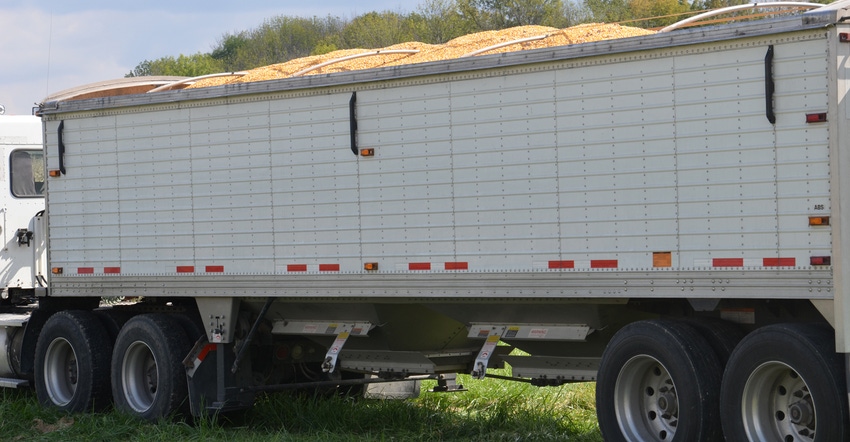
The final gavel on the 2017 legislative session sounded weeks ago. Many changes to existing laws or new legislation will go into effect July 1. You’ve heard a lot about how local counties will get help on road funding. What you haven’t heard as much about are other changes made in 2017 that affect agriculture directly.
Justin Schneider, Indiana Farm Bureau lobbyist, recently outlined five actions that impact agriculture. They may not be headline makers, but they’re certainly changes you should know about.
1. Grain indemnity fund made more effective. One notable change is that you now have protection against elevator failures for 15 months instead of 12. This means you’re protected for 15 months after delivery of grain to an elevator
“An important change is that the law clarifies that all grain sold to an Indiana grain buyer is covered,” Schneider notes. Before, if you sold grain through an Indiana buyer but the grain was delivered out of state, coverage under the fund in case of an elevator failure was murky.
The list for who has opted out of coverage was reset to July 1, 2015. Provisions for retroactive payments for claims arising since October 2014 were added since there was previously lack of notice about the coverage period.
Collections are currently being made for the fund, Schneider notes. Once a $25 million cap is reached, collections will stop.
2. Sales tax changes. A law clarifies that drainage tile is exempt from sales tax, Schneider says. This change also clarifies that contractors providing services for farmers qualify for a sales tax exemption for ag or industrial processing machinery, tools and equipment.
3. UTVs and ATVs classified as farm wagons. Three-, four- and six-wheeled vehicles capable of cross-country travel and used primarily for farming purposes are now considered farm wagons under the law. As of a couple of years ago, jurisdiction for these vehicles now falls under the Bureau of Motor Vehicles instead of the Indiana Department of Natural Resources, Schneider says. They’re exempt from title and registration requirements if primarily used on the farm. If not primarily used on the farm, each needs a number from the BMV if it’s driven on the road.
4. Money allotted for Indiana Grown program. The budget includes money for the Indiana Grown program, administered by the Indiana State Department of Agriculture, to the tune of $250,000 per year for the next two years. The program assists farmers who want to create local, niche markets for products.
“The program was authorized in 2015, but the Legislature didn’t provide money for it then,” Schneider says.
5. Assistance for Purdue University College of Ag project and more. The Legislature approved bonding authority for $69 million for the ag and biological engineering building at Purdue.
It also provided $17 million for the Indiana State Fair. The Kankakee River Basin Commission was granted $600,000 for repair and maintenance of the Kankakee River system. DNR receives $200,000 per year to monitor water resources.
About the Author(s)
You May Also Like




